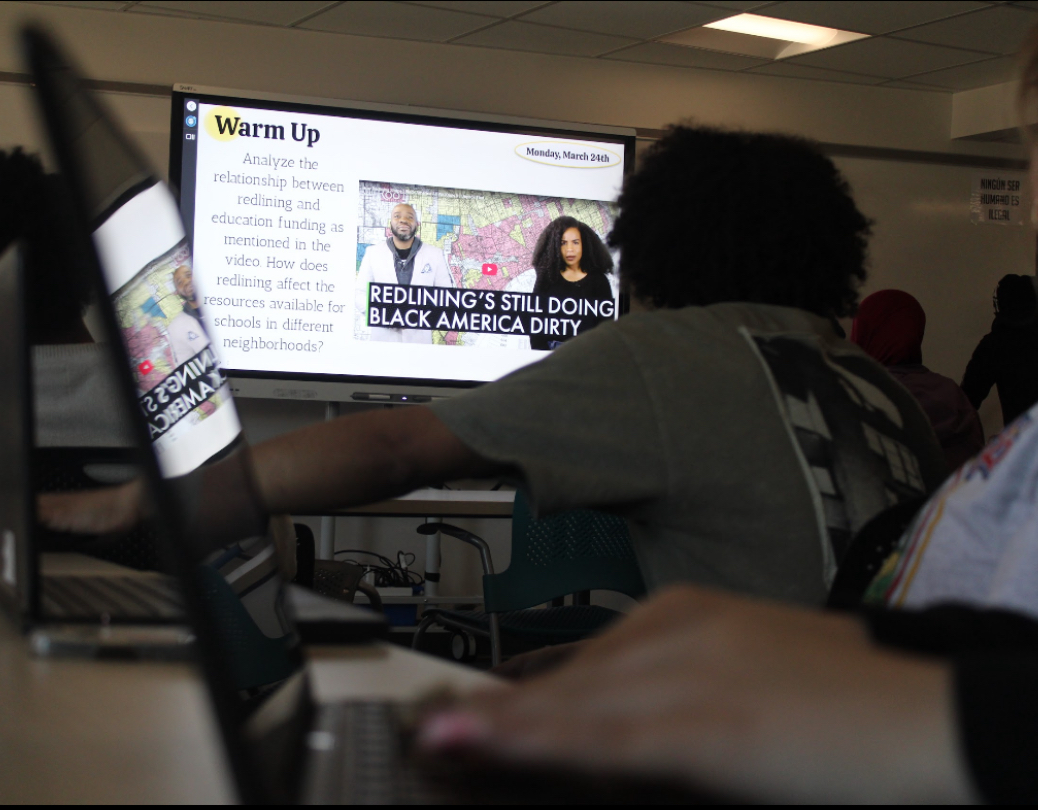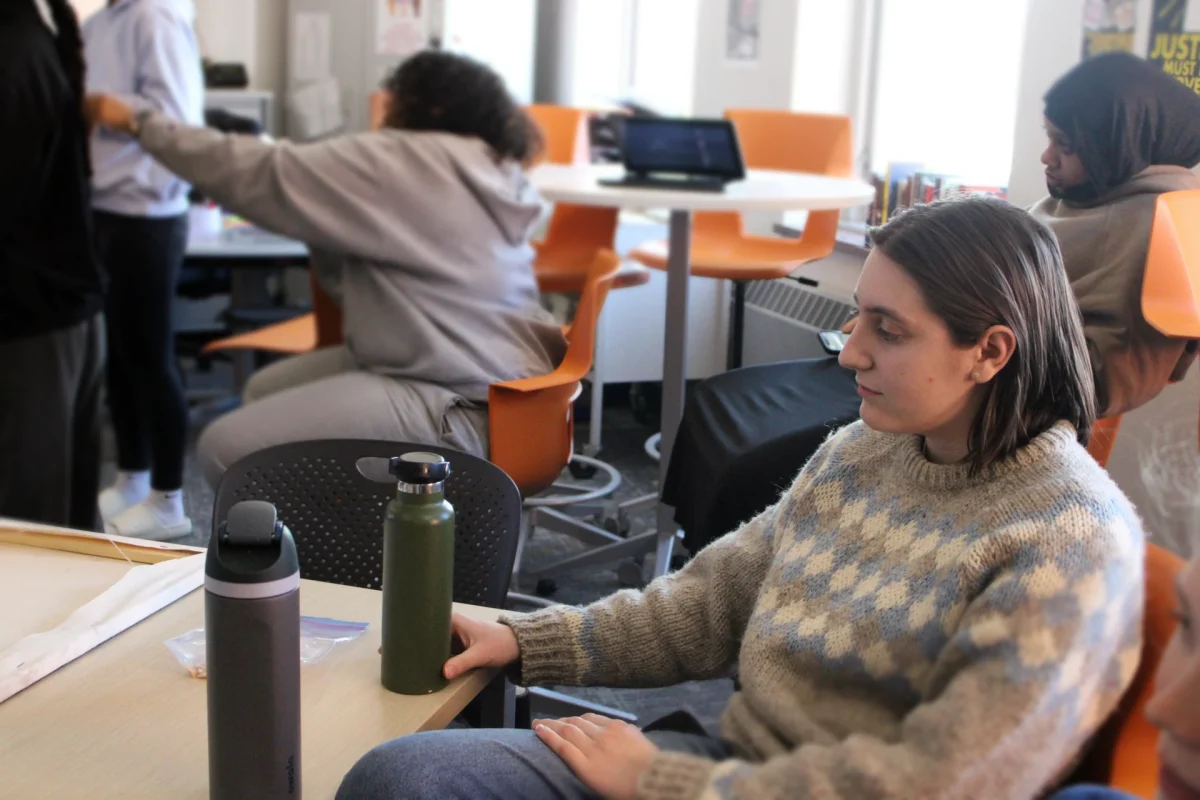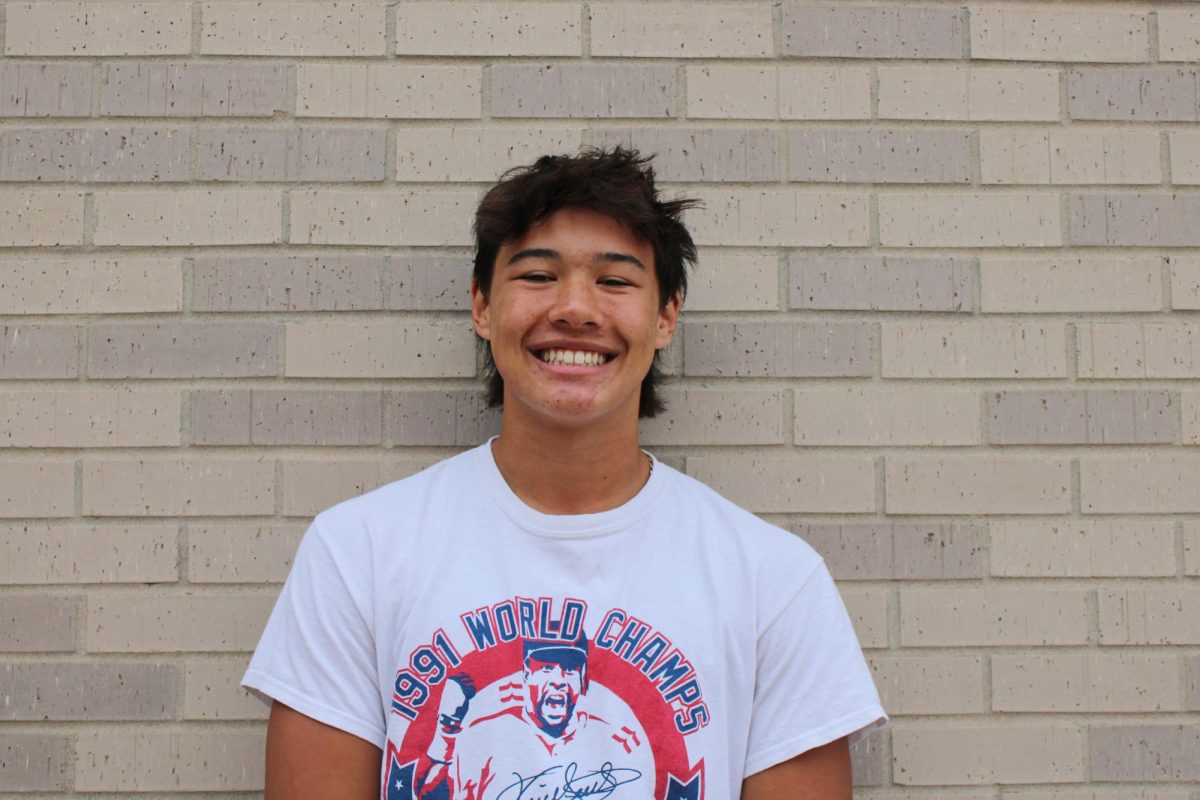I think we can all agree that we don’t like being treated worse than our peers. It feels terrible to be discriminated against for things we can’t control. Our skin color, our reproductive organs, our sexual orientation, our gender identity or anything else like that should not be a reason to treat someone worse than our peers. It’s unpleasant and frankly, unfair. These feelings are what led to the creation of DEI policies.
DEI, or Diversity, Equity and Inclusion policies, were created with one goal: to prevent discrimination from happening and, by extension, the discontent that is created by it. In a nutshell, the policies actively attempt to diversify the people involved in the entertainment industry, give equal treatment to everyone involved and include minorities in roles they previously wouldn’t have had access to. Now, on paper, this is a fantastic initiative. Just including people of diverse and/or rarer identity groups is relatively easy and there are no downsides to speak of. As long as meritocracy is retained, you could hire someone who, for example, has parents who are from another country, and as long as they have the same level of skills as another prospective employee, there is no problem with doing so. DEI is meant to level the playing field and, when done correctly, it does exactly that. No decrease in quality, just an increase in equality.
Like most things, the implementation of this idea does not usually go perfectly. DEI in society today has a massively warped meaning. It has become a sort of negative buzzword for any time a non-cisgender-heterosexual-white man is featured in any piece of entertainment. This usage of the word has mostly come from people with extremist political stances, but it is unfortunately being spread by the use of social media. A recent example is when “The Marvels” was released, many were calling it “DEI slop.” Herein lies the problem: what DEI means and how it’s supposed to be used is about simply including diverse actors and characters, such as in shows like “Arcane.” However, it is commonly used as a derogatory term akin to a buzzword for any time said diversity is included, and frankly, it makes me sick. This is not what it is supposed to be, not what it means and not how it should be used. DEI has been warped to the point where it isn’t DEI anymore, and it’s not only from one side of the equation either.
This issue of using DEI like a slur is a challenging one because for once, the negative associations towards it aren’t completely unfounded. In the last three or four years, Hollywood has been doing its best to embrace DEI. However, the entertainment industry also misunderstood the assignment and rather than simply hiring actors who were BIPOC or LGBTQIA+, they made DEI the plot. DEI isn’t supposed to be the plot, it’s supposed to enrich it with varied and new experiences. In their quest to appeal to a modern audience, they make entertainment that shoves the political views of DEI down the throat of their audiences, with characters that are unlikeable and obnoxious. No matter how diverse a character is, if they are annoying and unpleasant to watch, no one will watch them. No matter how admirable the cause they might be trying to support, if they focus too hard on the cause and forget to write a good story, it’ll be a bad story. No matter how noble your intentions, or how bigoted a critic might be, bad entertainment is bad entertainment. There has been so much bad entertainment as a result of DEI integration that many people have started to associate the term with trash-tier media.
It’s sad, really. These good intentions have paved the road to entertainment hell. The concept of DEI is such a pure and noble cause that it breaks my heart to see people mangle the idea into their twisted version of virtue-signaling and then people treat it like a slur as a result. Neither side of the political spectrum seems to understand what it means and how to use it correctly, and so the feedback loop continues. However, there is a way to fix this problem. The first is to educate yourself and others on what DEI means. Much of this problem is based on an incorrect understanding of the concept, so by fixing one, you fix the other. The second is for the entertainment industry to keep their primary focus on the story, not the politics, of a piece of media.










